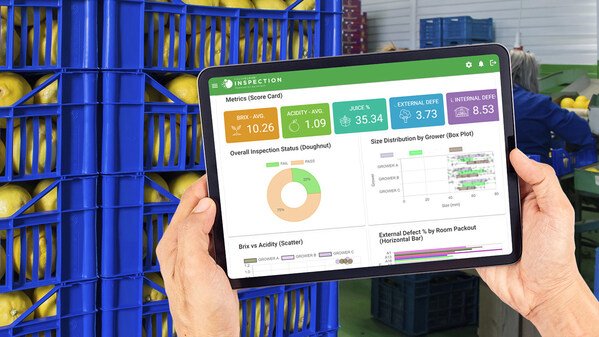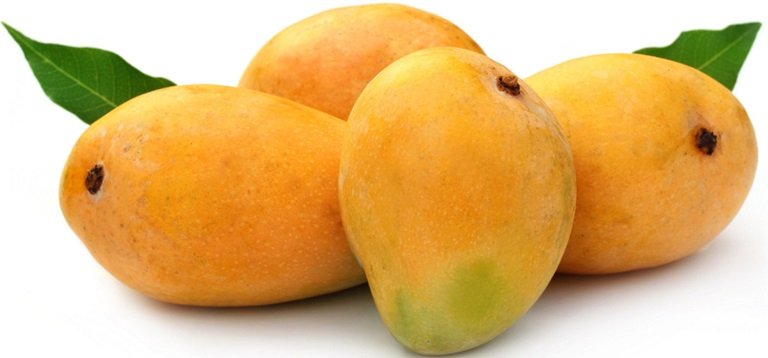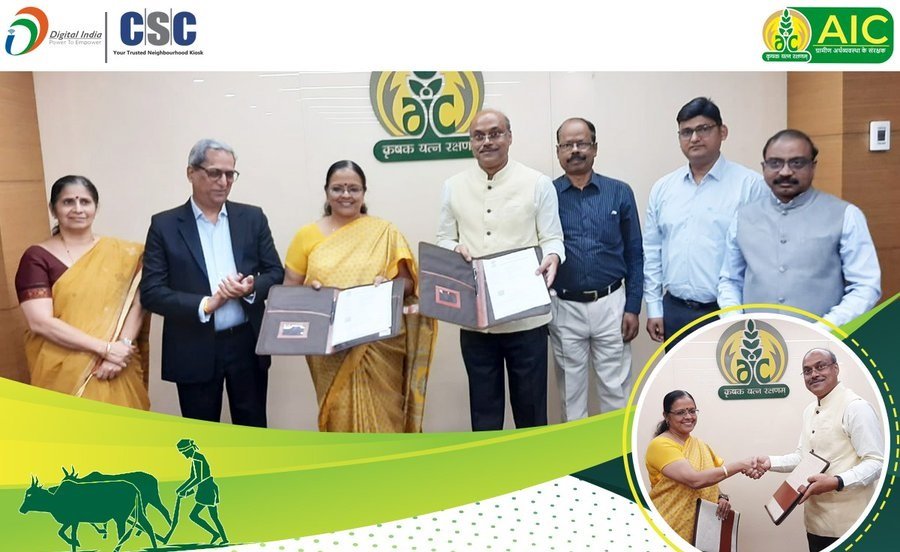AgroFresh’s digital platform FreshCloud™ streamlines quality produce inspections at Goede Hoop
It offers season-long, real-time quality inspection monitoring of various crops including apples, pears, avocados, blueberries, tomatoes, grapes, melons, citrus.
AgroFresh Solutions, Inc., a global leader in post-harvest solutions, is committed to empowering the business of fresh at every step, helping customers produce abundant, sustainable, quality fresh produce for all. This commitment includes addressing recent data management trends—everything from digitisation of the packhouse to the need for real-time insights, savings and efficiencies throughout the process.
The FreshCloud digital platform, powered by AgroFresh, streamlines quality produce inspections and intelligent end-to-end data visibility.
Their digital solutions, which include the FreshCloud™ platform, continue to expand both geographically and in the diversity of crops within their digital produce quality management platform. With new customer success in every region of the world, FreshCloud continues to empower the way customers like South Africa’s Goede Hoop Citrus, a world-class citrus packing facility, manage produce.
Jo-Ann Breunissen, Quality Manager at Goede Hoop Citrus shares her experience with the digital tool: “From orchard to packaging, every aspect of Goede Hoop Citrus’ operations is guided by principles that prioritize sustainability. By implementing innovative practices, Goede Hoop Citrus strives to minimize its environmental footprint while maximizing the quality of its citrus products. From inventory management to quality control, FreshCloud provides us with comprehensive tools accessible from any device, enabling seamless monitoring and collaboration throughout the packing process. With real-time quality data analytics and predictive modeling, FreshCloud empowers Goede Hoop Citrus and our producers to make informed decisions, allocate resources efficiently and minimize waste.”
FreshCloud, powered by AgroFresh, is at the forefront of streamlining quality inspections, decision-making processes and improving produce quality. The comprehensive digital quality platform offers season-long, real-time quality inspection monitoring of various crops including apples, pears, avocados, blueberries, tomatoes, grapes, melons, citrus and more.
“We have had an incredible start to our 2024 season with the expansion of FreshCloud, with new customers joining us from every corner of the globe,” said Bradford Warner, Digital & Data Executive Director at AgroFresh. “This achievement underscores the value that FreshCloud brings to the produce industry, enabling all types of customers to make informed decisions and optimise their operations for success. As we continue to expand our FreshCloud reach and offerings, AgroFresh remains committed to providing unparalleled support to our customers.”
“Through the implementation of FreshCloud, Goede Hoop Citrus is developing advanced systems that integrate seamlessly with their existing operations. By leveraging FreshCloud’s cutting-edge technology, Goede Hoop Citrus gains a competitive edge in the industry while enhancing their commitment to sustainability and quality in citrus packing operations,” stated Breunissen.
It offers season-long, real-time quality inspection monitoring














